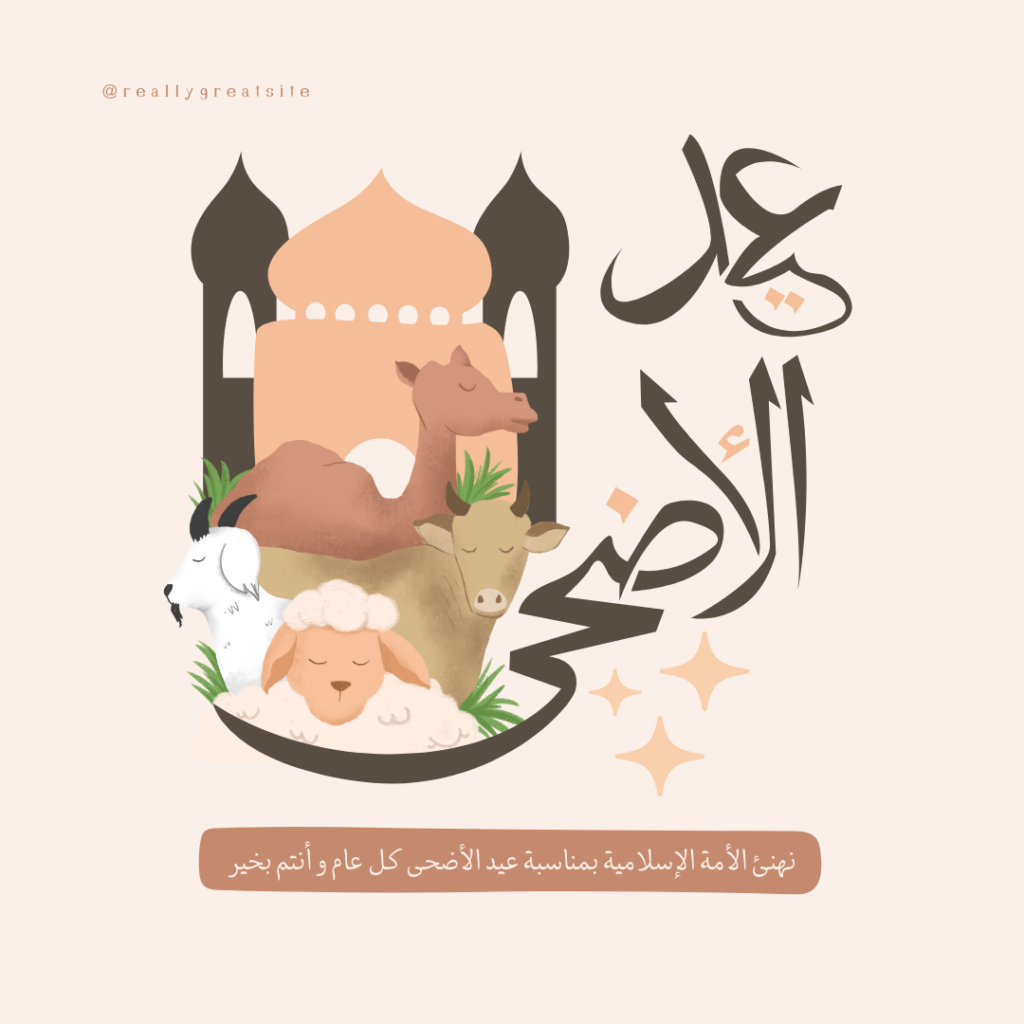Saudi Arabia’s Supreme Court recently made a significant announcement regarding the commencement of the month of Dhul Hijjah. This announcement holds great importance for Muslims worldwide, particularly those planning to undertake the pilgrimage of Hajj or celebrate Eid Al-Adha. In this article, we delve into the details of the announcement and its implications.
Commencement of Dhul Hijjah
The Supreme Court of Saudi Arabia declared that the month of Dhul Hijjah would begin on Friday, June 7. This marks the start of a sacred period in the Islamic calendar, characterized by heightened spirituality and profound religious significance. Dhul Hijjah is the twelfth month of the Islamic lunar calendar and holds special importance due to the Hajj pilgrimage and Eid Al-Adha celebrations.
Hajj Pilgrimage
Hajj, one of the five pillars of Islam, is a pilgrimage to the holy city of Mecca in Saudi Arabia. It is mandatory for Muslims who are physically and financially able to undertake this journey at least once in their lifetime. The pilgrimage begins on the 8th of Dhul Hijjah, which falls on June 14 this year, and concludes on the 12th, corresponding to June 18. The pinnacle of Hajj, known as the day of Arafat, will take place on June 15.
Significance of Arafat Day
Arafat Day holds immense importance for pilgrims performing Hajj. It is a day of standing in prayer and supplication at Mount Arafat, where Prophet Muhammad (peace be upon him) delivered his farewell sermon. This day symbolizes unity, humility, and the forgiveness of sins. Pilgrims spend the day in devotion and contemplation, seeking spiritual purification and closeness to the Divine.
Eid Al-Adha Celebration
While Hajj pilgrims observe Arafat Day, Muslims worldwide celebrate Eid Al-Adha, also known as the Feast of Sacrifice. This year, Eid Al-Adha falls on June 16 in the Kingdom of Saudi Arabia. The celebration commemorates Prophet Ibrahim’s willingness to sacrifice his son Ismael as an act of obedience to God. To honor this event, Muslims perform the ritual sacrifice of livestock and distribute the meat to the less fortunate.
Customs and Traditions
The observance of Eid Al-Adha varies from region to region, with each culture adding its unique customs and traditions to the festivities. In Saudi Arabia, the day begins with communal prayers at mosques followed by gatherings with family and friends. Special dishes are prepared, and gifts are exchanged as tokens of love and appreciation. The atmosphere is filled with joy, generosity, and a sense of community.
Global Impact
The announcement by Saudi Arabia’s Supreme Court not only affects the local population but also has a global impact on Muslims around the world. It serves as a reminder of the unity of the Muslim Ummah and the shared values of faith, devotion, and sacrifice. The Hajj pilgrimage and Eid Al-Adha celebrations resonate with Muslims of diverse backgrounds, fostering a sense of belonging and solidarity.
Conclusion
In conclusion, the Supreme Court of Saudi Arabia’s announcement regarding the commencement of Dhul Hijjah marks the beginning of a sacred period for Muslims worldwide. From the pilgrimage of Hajj to the celebration of Eid Al-Adha, this time is filled with spiritual significance and communal joy. As Muslims embark on this journey of faith and devotion, let us reflect on the timeless teachings of love, compassion, and unity that define Islam

